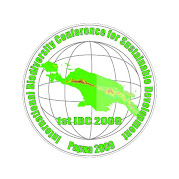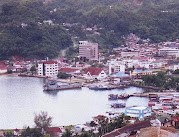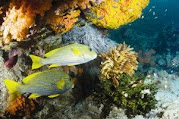SUSTAINABLE FOREST MANAGEMENT
Dr. Martin Golman
Deputy Director
PNG Forest Research Institute, Lae. Papua New Guinea
ABSTRACT
Sustainable Forest Management (SFM) is an operational philosophy based on integrated management of the forest and the surrounding environment (ITTO, 1998). It is perceived as a process in which attempts are made to integrate social, environmental and economic values of forest resources, for perpetual use by current and future generations. The emergence of SFM followed the popular notion of sustainable development, advocated by the Brundtland Report Our Common Future (World Commission on Environment and Development, 1987).
The SFM concept was grounded on several global initiatives, including the 1992 United Nations Conference on Environment and Development (in Rio de Janeiro, Brazil), the Intergovernmental Panel on Forests (IPF, 1995-1997), the IPF (1997-2000) and the United Nations Forum on Forests (2001-present). SFM was further clarified by criteria and indicators (C&I) initiatives such as the Montreal Process, Pan European Process, ITTO C&I and a variety of certificate schemes (Söderlund, 2001).
This paper will briefly summarise, how ITTO has advanced SFM towards the 2000 objective, but has experienced shortfalls in its activities with member countries. A similar report provided by the Food and Agriculture Organisation (FAO, 2005), will also be highlighted. These organizations can only report progress with C&I on issues that ITTO has championed. In a following section of this paper the reporting mechanism with C&I will be discussed.
Papua New Guinea (PNG) will be presented as a case study to show how it has attempted to implement the principles of SFM. PNG’s successes and failures in SFM will exemplify the challenges inherent in SFM. Suggestions on improving the SFM process in PNG will be discussed in the concluding remarks.


























